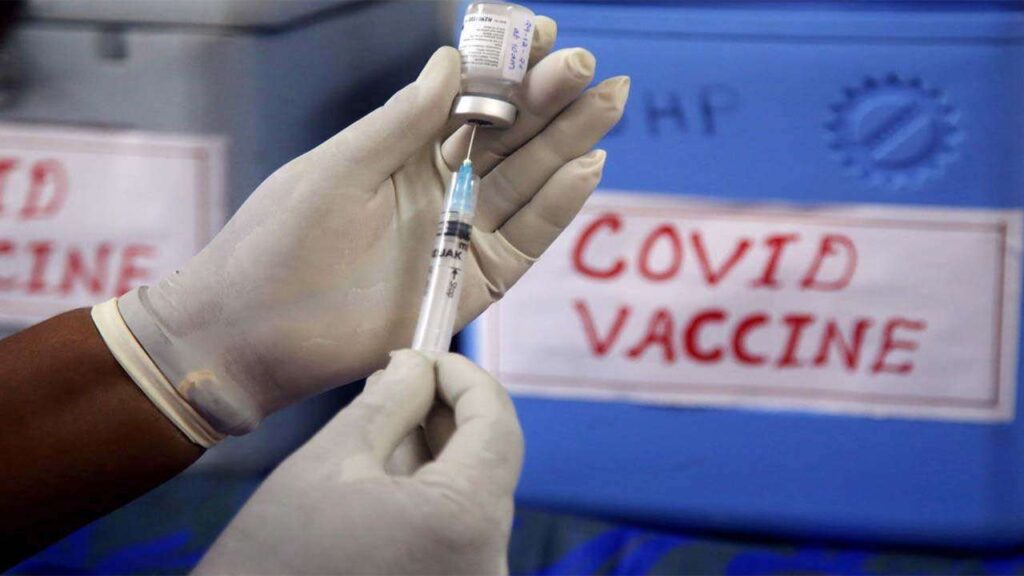
India announced its first advance commitments for a coronavirus vaccine in development, announcing a Rs. 1,500 crore deal with Hyderabad-based Biological E to stockpile 300 million doses of its candidate, which has shown promise but is still in the final stages of clinical trials.
The commitment, announced by the Union health ministry on Thursday, represents the first time the government has placed an advance purchase order, which typically helps secure large volumes of doses, and has been a strategy used by countries that managed to procure doses early. “The arrangement with Biological-E is part of the wider endeavour of Government of India to encourage indigenous vaccine manufacturers by providing them support in research & development and also financial support,” the ministry said in a statement.
The move comes a day after the Supreme Court chastised the government for its vaccination policy, ordering it to submit all files and notes that “reflect its thinking and the culmination” of the policy, which judges described as “arbitrary and irrational.”
The Covid-19 vaccination campaign has been criticised due to a severe shortage of doses in the country, with only 19 percent of the 940 million people eligible receiving at least one dose.
Once the dose is approved, the order announced by the government on Thursday will help India get guaranteed access to large doses of Biological E vaccines. The funds will be used to fund research and development as well as advance stockpiling of doses, allowing large quantities to be pushed as soon as clearances are obtained. According to names previously disclosed by the company, the vaccine will most likely be marketed as Corbevax.
The 300 million doses appeared to be the total capacity that Biological E said it would be able to produce for the rest of 2021, according to the Centre. VK Paul of Niti Aayog said on May 13 that the company’s 300 million doses were among the 2.16 billion doses of various vaccines expected to be available between August and December, according to the government. Since Phase III trials were only approved in late April, and the developers – Biological E and its partner, Texas-based Baylor College of Medicine (BCM) – have yet to release data from the Phase 1/2 studies, it’s unclear when the 300 million doses will be available.
Clinical trials have shown cross-protection against a number of variants of concern, according to Dr. Peter Hotez, dean of BCM’s National School of Tropical Medicine and one of the scientists involved in the development, who said in an interview with an Indian TV channel last month. The vaccine is developed on a tried-and-true platform that has previously been used in the development of the Hepatitis B vaccine, which Biological E has produced.







